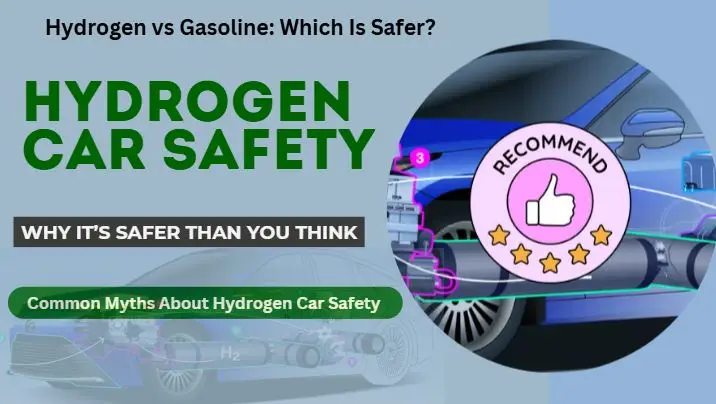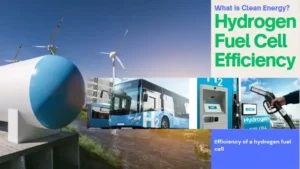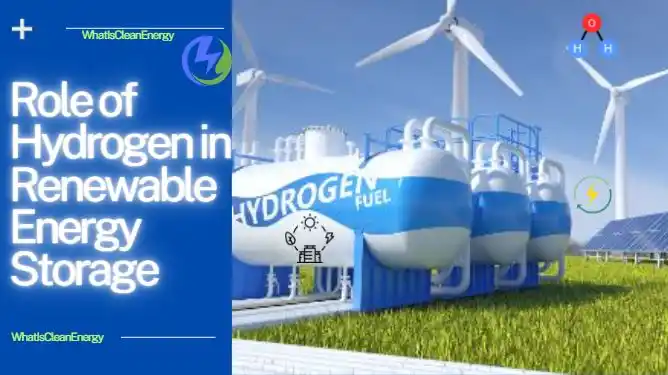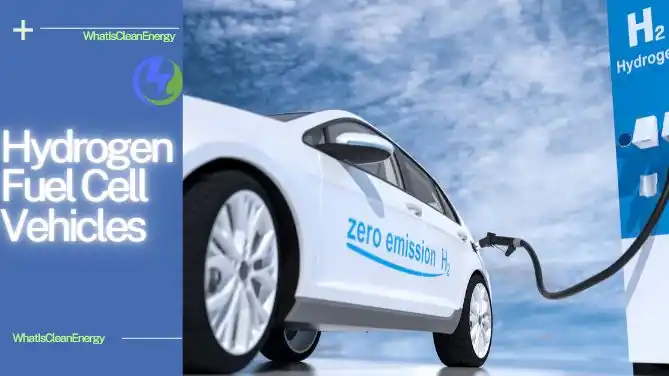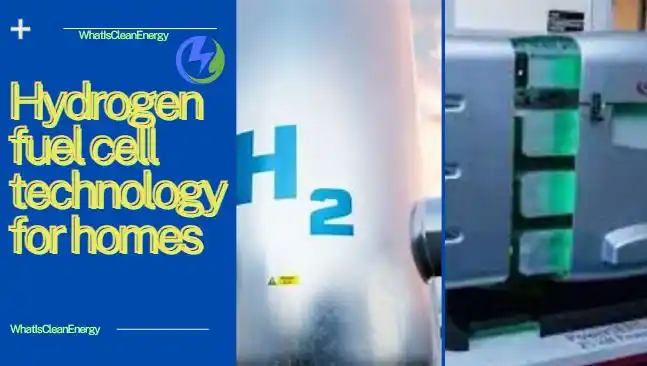Hydrogen cars are often misunderstood. Many people think they are dangerous or prone to explosions. This fear mostly comes from old stories like the Hindenburg disaster. But modern hydrogen cars are built with advanced safety systems. They are not only safe—they might be safer than gasoline cars. In this article, we’ll explore hydrogen car safety in simple terms. We’ll explain how hydrogen fuel works, how cars are designed to prevent accidents, and why hydrogen is not as risky as it seems. If you’re new to hydrogen technology, don’t worry—we’ll break it down step by step.
What Is a Hydrogen Car?
A hydrogen car uses a hydrogen fuel cell to generate electricity. This electricity powers the motor, just like in electric vehicles (EVs). The only emission from a hydrogen car is water vapor. That makes it a clean and eco-friendly option.
Unlike battery EVs, hydrogen cars don’t need long charging times. You can refuel them in minutes, just like a regular petrol car.
Why People Worry About Hydrogen Car Safety
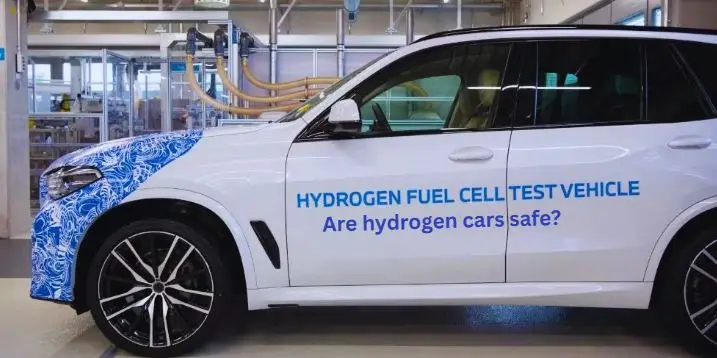
Many people ask: “Are hydrogen cars safe?” The concern typically arises from the notion that hydrogen is explosive. Hydrogen is indeed flammable. But so is gasoline. The key difference is how these fuels are stored and handled.
Let’s look at the facts.
Hydrogen Fuel Tank Safety
Hydrogen is stored in tanks made from carbon fiber-reinforced materials. These tanks are incredibly strong. They are tested under extreme conditions—heat, pressure, and even gunfire.
Here’s what makes hydrogen tanks safe:
- High-pressure resistance: Tanks can hold hydrogen at up to 700 bar (10,000 psi).
- Crash-tested: They are tested in car crashes to ensure they don’t rupture.
- Leak detection systems: Sensors monitor for leaks and shut down the system if needed.
- Automatic shut-off valves: These prevent hydrogen from escaping during an accident.
In short, hydrogen tanks are built to survive real-world conditions.
Hydrogen vs Gasoline: Which Is Safer?
Let’s compare hydrogen and gasoline:
| Feature | Hydrogen | Gasoline |
|---|---|---|
| Flammability | High | High |
| Dispersion | Rises quickly | Pools on ground |
| Toxicity | Non-toxic | Toxic fumes |
| Residue | Water vapor | Smoke, soot |
| Explosion risk | Low in the open air | High in an enclosed space |
Hydrogen is lighter than air. If it leaks, it rises and disperses quickly. Gasoline, on the other hand, stays on the ground and can catch fire more easily.
So, in many cases, hydrogen is actually safer than gasoline.
How Hydrogen Fuel Cells Work Safely
A hydrogen fuel cell combines hydrogen with oxygen to produce electricity. This process is clean and quiet. There’s no combustion, no fire, and no moving parts inside the fuel cell.
Safety features include:
- Low operating temperature: Fuel cells run cooler than engines.
- No flammable by-products: Only water is produced.
- Built-in monitoring systems: These check for faults and shut down if needed.
Fuel cells are designed to be stable and reliable.
Real-World Safety Records of Hydrogen Cars
Hydrogen cars like the Toyota Mirai and Hyundai Nexo have been on the road for years. There have been no major accidents or explosions linked to hydrogen fuel.
These cars meet strict safety standards:
- Crash tests by global agencies
- Fire resistance checks
- Leak prevention systems
In fact, hydrogen cars often perform better than gasoline cars in safety tests.
Common Myths About Hydrogen Car Safety
Let’s bust a few myths:
Myth 1: Hydrogen Cars Explode Easily
Truth: Modern hydrogen tanks are built with carbon fiber and tested under extreme conditions. They are more resistant to rupture than gasoline tanks.
Myth 2: Hydrogen Is Too Dangerous to Use in Vehicles
Truth: Hydrogen is used safely in industries, aerospace, and now in cars. Safety systems like leak detectors and shut-off valves make it reliable.
Myth 3: Hydrogen Leaks Are Invisible and Deadly
Truth: Hydrogen is odorless and colorless, but sensors in hydrogen cars detect even tiny leaks instantly and shut down the system.
Myth 4: Hydrogen Is More Flammable Than Gasoline
Truth: Both are flammable, but hydrogen disperses quickly into the air, reducing fire risk. Gasoline pools and burns longer.
Myth 5: Hydrogen Cars Are Not Crash-Safe
Truth: Hydrogen cars undergo rigorous crash testing. Tanks are designed to withstand high-impact collisions without leaking.
Myth 6: Hydrogen Fuel Cells Can Catch Fire
Truth: Fuel cells don’t burn hydrogen. They convert it into electricity through a chemical reaction. There’s no combustion involved.
Myth 7: Hydrogen Cars Are Not Regulated for Safety
Truth: Hydrogen vehicles follow strict global safety standards like SAE J2579 and UN ECE R134. They are certified before hitting the road.
Myth 8: Hydrogen Is Toxic
Truth: Hydrogen is non-toxic and produces only water vapor as a by-product. Gasoline, in contrast, releases harmful fumes.
Myth 9: Hydrogen Cars Are Experimental and Not Ready for Public Use
Truth: Cars like the Toyota Mirai and Hyundai Nexo are commercially available and have excellent safety records.
Hydrogen Car Safety in Emergencies
What happens if a hydrogen car crashes?
- Tanks are designed not to rupture.
- Sensors shut off hydrogen flow.
- Hydrogen disperses quickly in air.
Emergency responders are trained to handle hydrogen vehicles. Fire departments in many countries now include hydrogen safety in their protocols.
Great follow-up! The original section “Hydrogen Car Safety in Emergencies” covered the basics, but to make it comprehensive and beginner-friendly, here’s an expanded version that includes all key aspects:
Hydrogen Car Safety in Emergencies: What Really Happens
Hydrogen cars are designed with multiple layers of protection to handle emergencies like crashes, fires, or leaks. Let’s break down what happens step by step.
1. In Case of a Car Crash
- Hydrogen tanks are crash-tested to withstand high-impact collisions.
- Automatic shut-off valves immediately stop hydrogen flow if a crash is detected.
- Sensors monitor pressure and leaks in real time.
- The fuel cell system shuts down to prevent any reaction or power surge.
Result: Hydrogen is contained, and the system becomes inert. No explosion risk.
2. In Case of Fire
- Hydrogen tanks are built to resist high temperatures.
- If the heat exceeds safe limits, pressure relief devices release hydrogen slowly and safely.
- Hydrogen rises and disperses quickly in open air, reducing fire risk.
- Unlike gasoline, hydrogen doesn’t pool or create toxic smoke.
Result: Fire risk is minimized, and hydrogen disperses harmlessly.
3. In Case of a Leak
- Hydrogen leak sensors detect even tiny amounts of escaping gas.
- The system shuts down automatically to prevent further leakage.
- Hydrogen is non-toxic and evaporates quickly into the atmosphere.
- Ventilation systems in the car and fueling stations help remove leaked hydrogen safely.
Result: Leak is detected early, and the car becomes safe to approach.
4. Emergency Response Protocols
- Firefighters and first responders are trained to handle hydrogen vehicles.
- Hydrogen cars are marked with standard safety labels for quick identification.
- Emergency guides are available for responders to follow.
- Most hydrogen cars include manual shut-off switches accessible from outside.
Result: Emergency teams can act quickly and safely.
5. Built-In Redundancy Systems
Hydrogen cars use redundant safety systems, meaning:
- If one system fails, another takes over.
- Multiple sensors monitor temperature, pressure, and flow.
- Software controls ensure safe shutdown in any emergency.
Result: The car remains safe even if one part malfunctions.
6. Safety Certifications and Testing
Hydrogen vehicles must pass:
- Crash tests simulating real-world accidents
- Fire resistance tests
- Leak detection and containment tests
- Pressure and temperature stress tests
These are conducted by agencies like:
- SAE International
- UN ECE
- ISO
Result: Only certified vehicles are allowed on the road.
Summary on Hydrogen Car Safety
Hydrogen cars are equipped to handle emergencies with:
- Strong tanks
- Smart sensors
- Automatic shut-offs
- Fire-resistant materials
- Trained emergency protocols
Hydrogen cars are not just safe—they are built for safety. In many cases, they perform better than gasoline cars during emergencies.
Hydrogen Car Safety Standards and Regulations
Hydrogen cars follow strict global safety standards:
- ISO 19880-1: Safety of hydrogen fueling stations
- SAE J2579: Safety of hydrogen storage systems
- UN ECE R134: Hydrogen-powered vehicle regulations
These rules ensure that every hydrogen car is tested and certified before hitting the road.
Can You Use Hydrogen Products at Home Safely?
Yes! Many hydrogen-related products are available for home use. These include:
- Hydrogen water bottles
- Portable fuel cell kits
- Educational hydrogen toys
These products follow safety guidelines and are safe when used properly. You can find many of them on Amazon. Just check for certifications and reviews before buying.
Tip: If you’re interested, you can explore hydrogen products like hydrogen water bottles or fuel cell kits on Amazon. These are great for learning and personal use.
Conclusion on Hydrogen Car Safety
Hydrogen cars are not only clean—they are safe. The fear of explosions is mostly a myth. Modern hydrogen vehicles are built with strong tanks, smart sensors, and strict safety standards. In many ways, they are safer than gasoline cars.
If you’re thinking about hydrogen technology, don’t let old fears hold you back. Hydrogen is the future of clean mobility, and it’s safer than you think.

